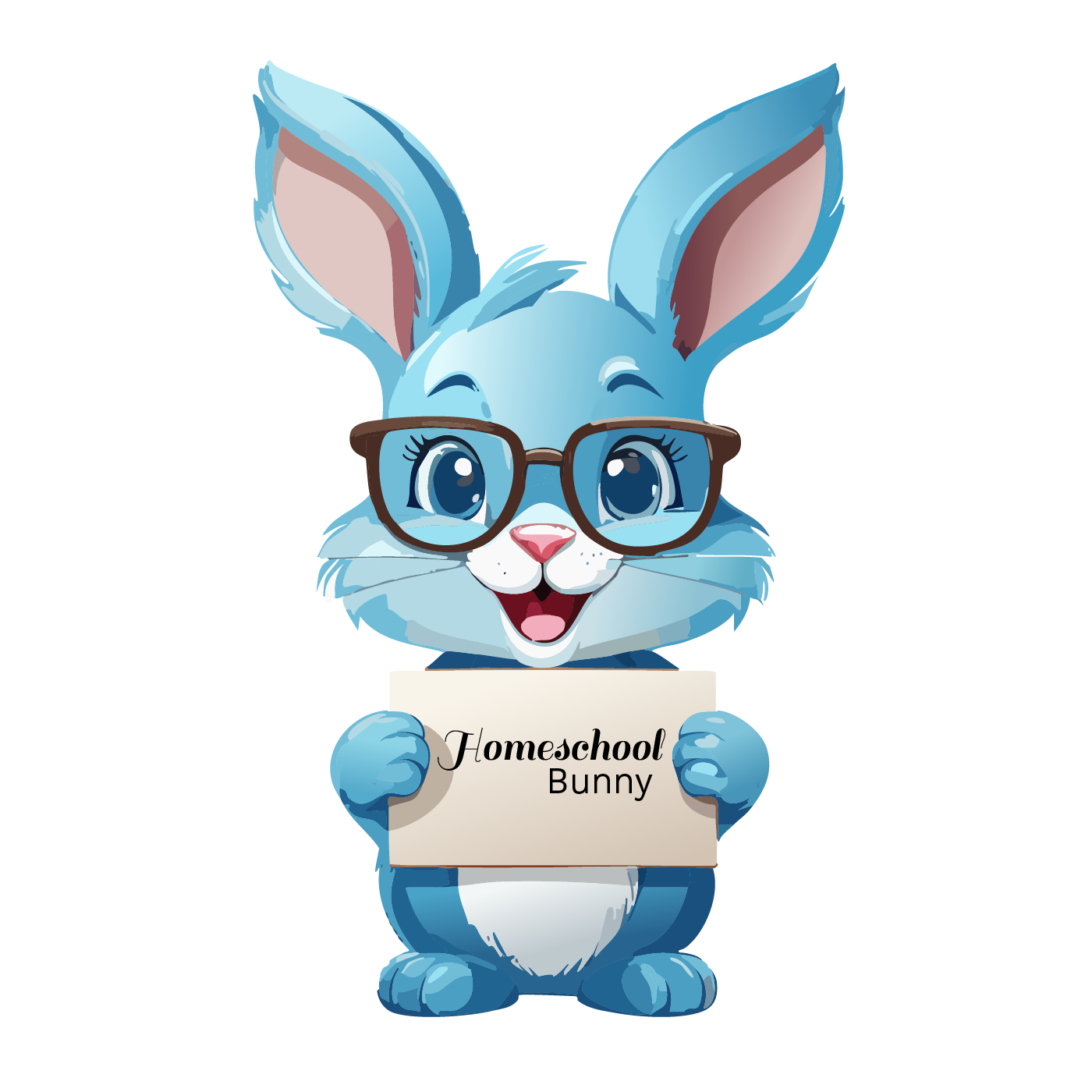Once a child has been diagnosed with ADHD, the process for treatment begins. Often, treatment is a combination of behavioral therapy, including specialized training for parents, and stimulant and non-stimulant medications for children over the age of six.
Treatment Recommendations
- For children younger than 6, the American Academy of Pediatrics (AAP) recommends parent training in behavior management as the first line of treatment before medication is tried. At this age, medication may not be as effective and may have more severe side effects.
- For children six years of age and older, the recommendations include medication and behavior therapy together—parent training in behavior management for children up to age 12 and other behavior therapy and training for adolescents. If the child is involved with a public school, the school can also be part of the treatment with behavioral classroom intervention and school support.
Your healthcare provider may need to prescribe different medications and doses and observe and adjust the dosage to balance the benefits and side effects. Medications can affect children differently and can have side effects such as decreased appetite or sleep problems. One child may respond well to one medication but not to another. Parents may need to advocate for their children.
Behavioral Therapy
Behavioral therapy is a treatment option that can help reduce these behaviors and can help increase self-regulation skills. It is often helpful to start behavior therapy as soon as a diagnosis is made. If possible, families should look for a therapist who focuses on training parents. Some therapists will have training or certification in a parent training program proven to work with young children with ADHD.
Therapists may also use strategies like those in proven programs. The following list of questions can help you find a therapist who uses a proven approach.
Does this therapist
- Can you teach parents skills and strategies for managing their child’s behavior using positive reinforcement, structure, and consistent discipline?
- Teach parents positive ways to interact and communicate with their children.
- Assign activities for parents to practice with their children.
- Meet regularly with the family to monitor progress and provide coaching and support.
- Re-evaluate treatment plans and remain flexible enough to adjust strategies as needed.
Parent Training
For young children with ADHD, behavior therapy is an important first step before trying medication because:
- Parent training in behavior management gives parents the skills and strategies to help their children.
- Parent training in behavior management has been shown to work, as well as medication for ADHD in young children.
- Young children have more side effects from ADHD medications than older children.
- The long-term effects of ADHD medications on young children have not been well-studied.
Parents have the greatest influence on their young child’s behavior. Only therapy that focuses on training parents is recommended for young children with ADHD because young children are not mature enough to change their behavior without their parents’ help.
Therapist Activities
Some therapists may use play therapy or talk therapy to treat young children with ADHD. Play therapy allows children to communicate their experiences and feelings through play. Talk therapy uses verbal communication between the child and a therapist to treat mental and emotional disorders. Neither of these has been proven to improve symptoms in young children with ADHD.
For older children several types of behavior therapies are considered for managing ADHD effectively, including:
- Parent training in behavior management;
- Behavioral interventions in the classroom or educational environment;
- Peer interventions that focus on behavior; and
- Organizational skills training.
These approaches are often most effective when used together, depending on the needs of the individual child and the family. Parents, healthcare providers, and the school can collaborate on developing the right treatment plan.


